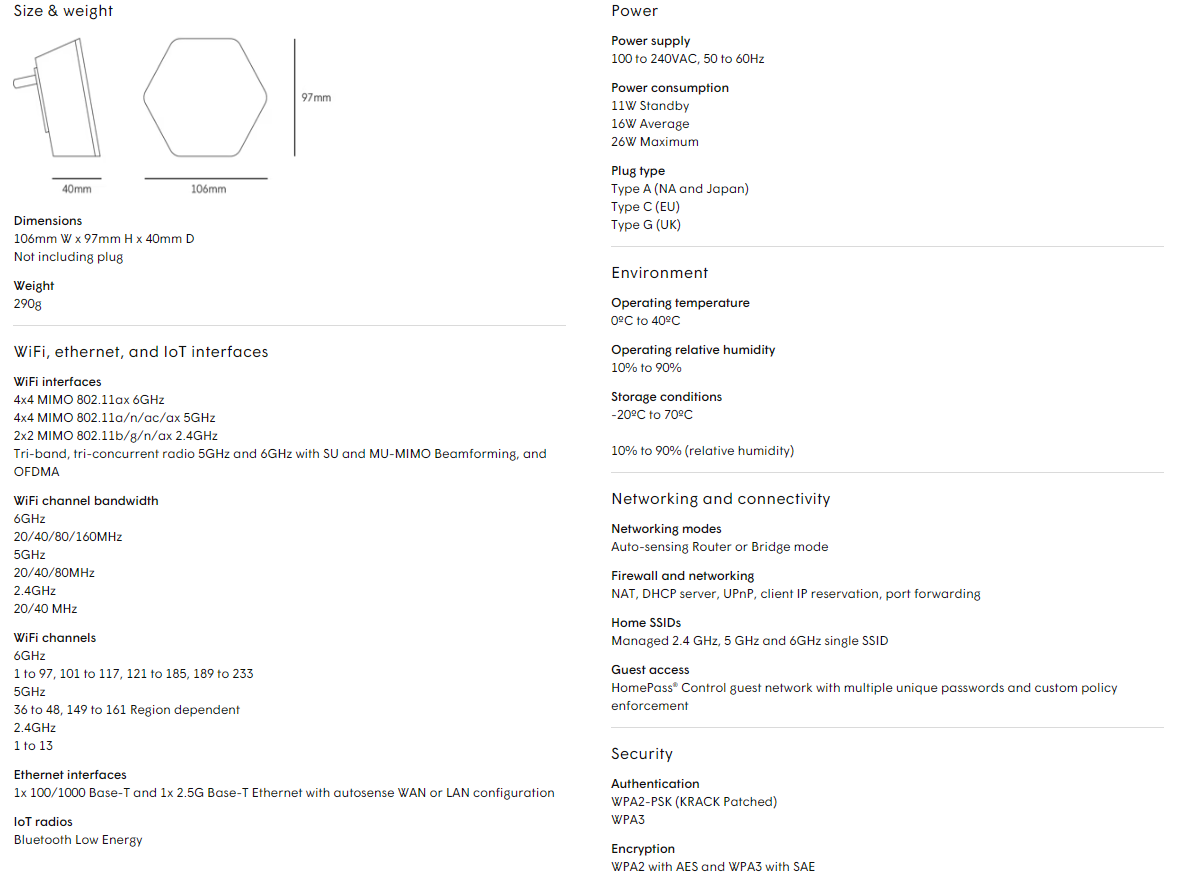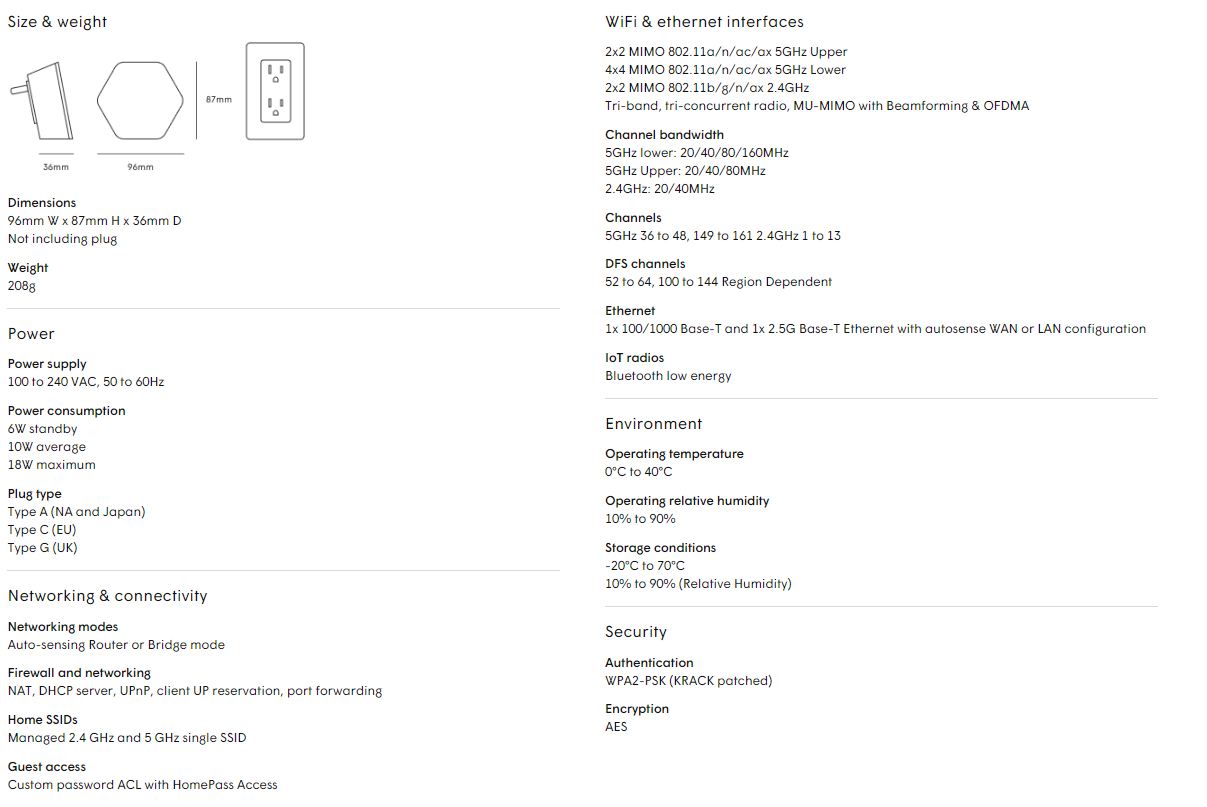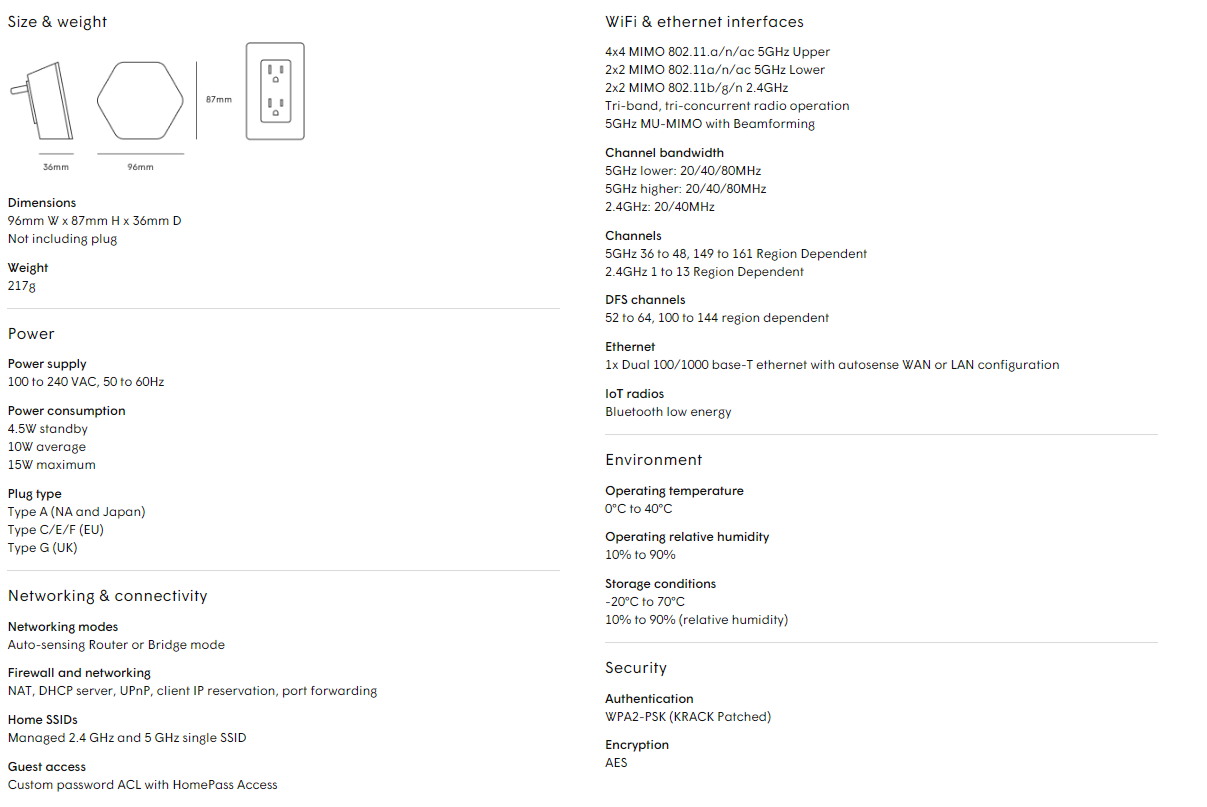Cybercriminals are always looking for new ways to steal your sensitive information. One of the latest methods they are using is SEO attacks with malicious PDF files. SEO stands for…
Author: Editor
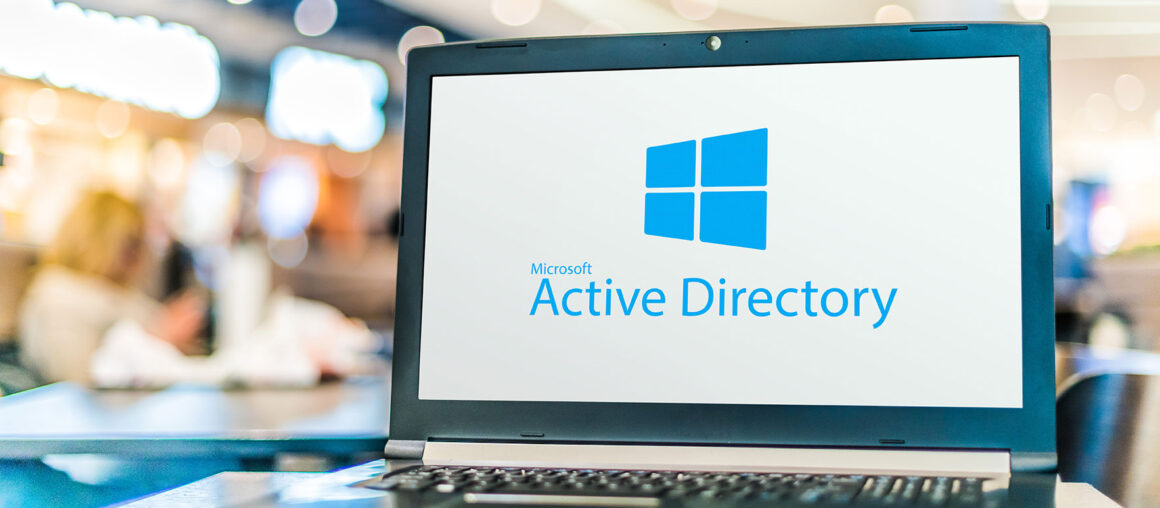
What Is Active Directory (AD) Monitoring and Why is it a Target for Hackers?
Why is AD a Target for Hackers? Active Directory (AD) is a critical component of most IT infrastructures. It stores information about users, computers, and other resources, and it controls…
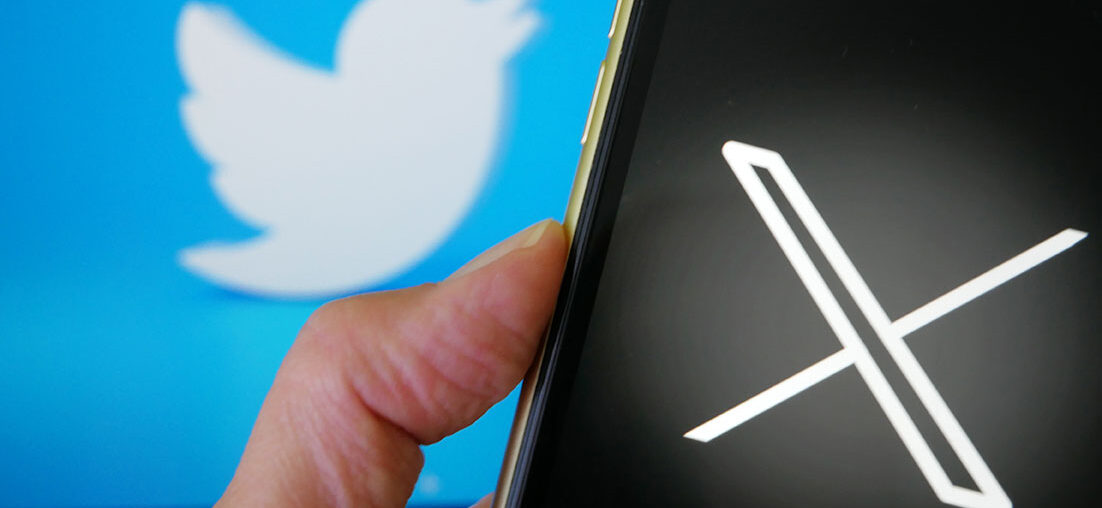
Beware of the X Premium Phishing Scam
The social media platform Twitter recently announced that it would be renamed and rebranded as “X”. As a result, the monthly subscription for a blue verification checkmark will be renamed…

Technical Support Center Supervisor: Arla Mills
Learn more about one of our helpful team members you might encounter when you call our Bridgeport, West Virginia-based Technical Support Center! How long have you been at Citynet?Ten months.…

How to Combat Cybersecurity Fatigue
Cybersecurity is essential for businesses of all sizes. But the constant barrage of security alerts and procedures can lead to cybersecurity fatigue, which can make employees more likely to take…

Possible Google Scams on Inactive Accounts
Google recently announced that it will delete inactive accounts starting in December 2023. This is a good security measure to help prevent unauthorized access to accounts, but it also creates…
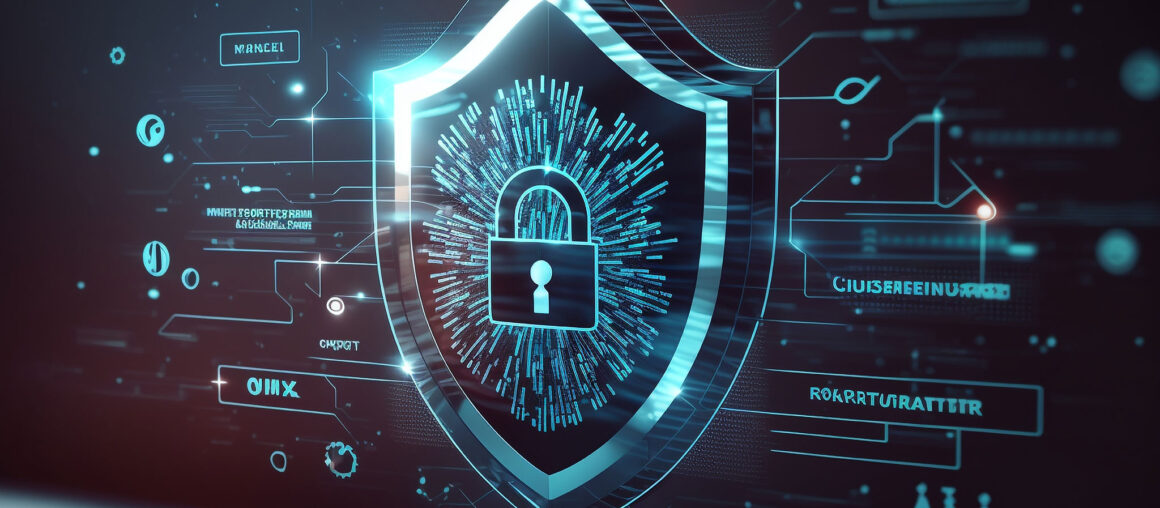
8 Cybersecurity Practices for Every Business
In today’s digital world, businesses face an ever-increasing range of cybersecurity threats. From data breaches to ransomware attacks, the consequences of inadequate cybersecurity measures can be devastating. Protecting your organization’s…

Barbie Movie Scams: How to Spot Them and Protect Yourself
The Barbie movie has been a massive success at the box office. Unfortunately, cybercriminals are taking advantage of the movie’s popularity by posting scam links that promise free tickets or…

Zero-Click Malware
What is Zero-Click Malware? You know to be careful online, but did you know there’s malware that can infect your device without any interaction on your part? This is called…
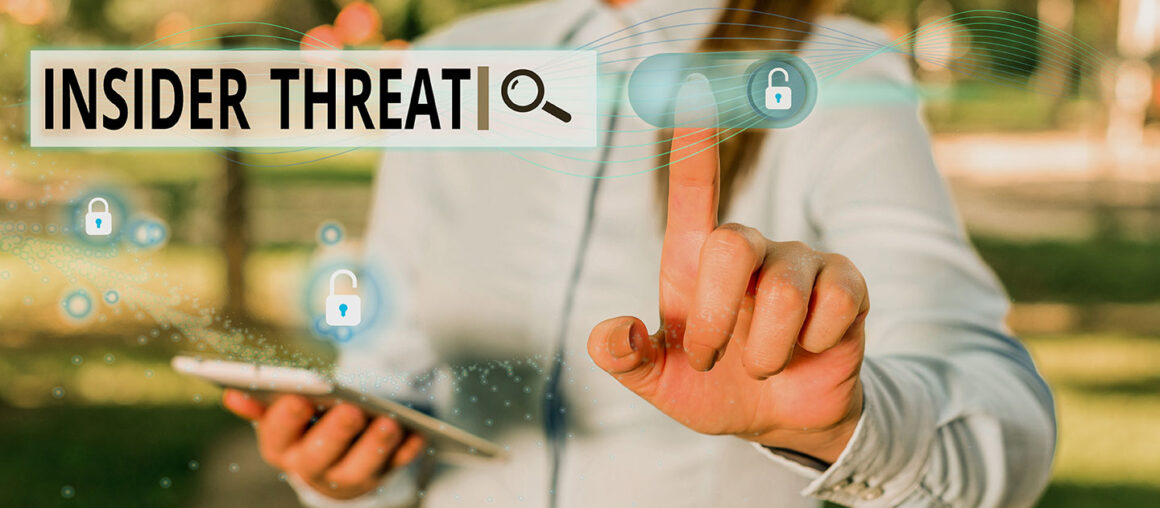
Prevent Insider Threats
What is an “insider threat”? An insider threat is a security threat which comes from within the company or organization being targeted for an attack. It could be a present…


